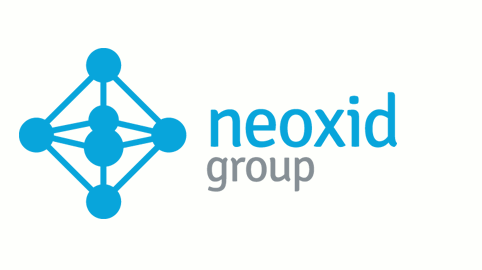Project kick-off "Plaskat"
Funding by the Federal Ministry for Economic Affairs and Energy
Project funding "Plaskat" for the energy-efficient removal of volatile organic pollutants
The project aims at the energy-efficient removal of volatile organic pollutants and biological contaminants in exhaust gas streams by plasma-based heterogeneous catalysis. The project is a joint project together with LAPP Insulators Alumina, Redline Technologies Elektronik GmbH, Labor Ilgen and the Ruhr University Bochum (Biomedical Applications of Plasma Technologies). 
As part of the project, a process for the purification of exhaust air streams is to be developed, which operates on the principle of a non-thermal atmospheric pressure plasma. By using the technology to be developed, it is expected that the energy required to clean exhaust air streams loaded with VOCs can be reduced by> 50%. Thermal post-incineration is currently the most common process in exhaust air purification. Since this approach is very energy-intensive, the energy efficiency scales very strongly with the degree of contamination. This results in a maximum unfavorable energy expenditure for low load values (<1000 mgC / Nm³) of the air to be treated. Particularly in the area of low-laden exhaust air streams, advantages of air purification by means of plasma are seen.Parallel to the work in the field of exhaust air purification, the effect of atmospheric pressure plasmas on bacteria will be investigated. These investigations serve to open up a further field of application of plasma technology in exhaust air purification. The plasma should be used to kill both planktonic bacteria and biofilms and to inactivate bacterial spores and fungal spores. Applications would include the air conditioning of hospitals / operating theaters and areas where a special germ and bacteria freedom is desired.
